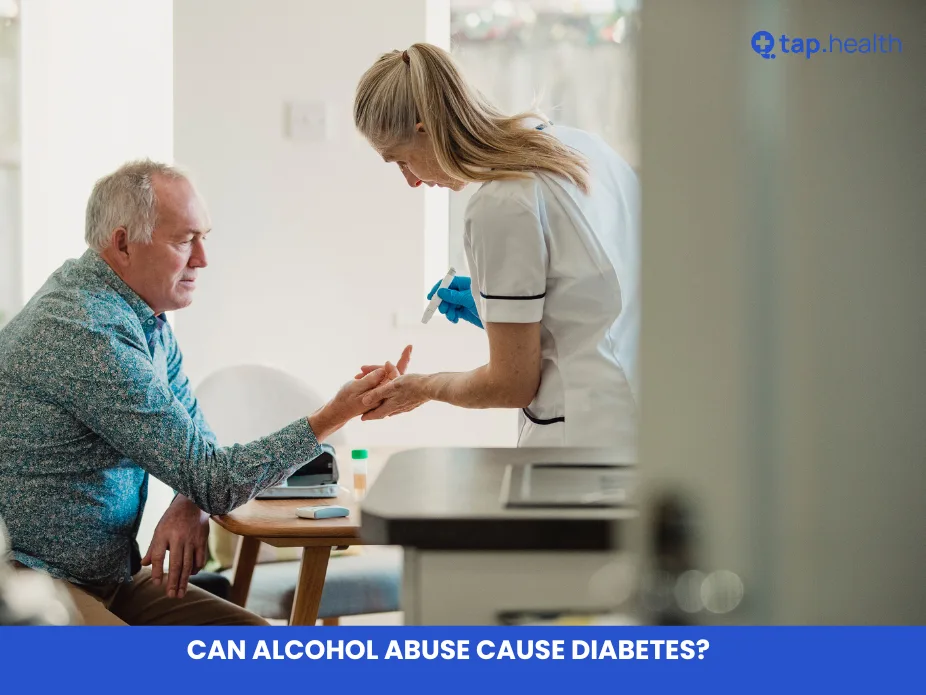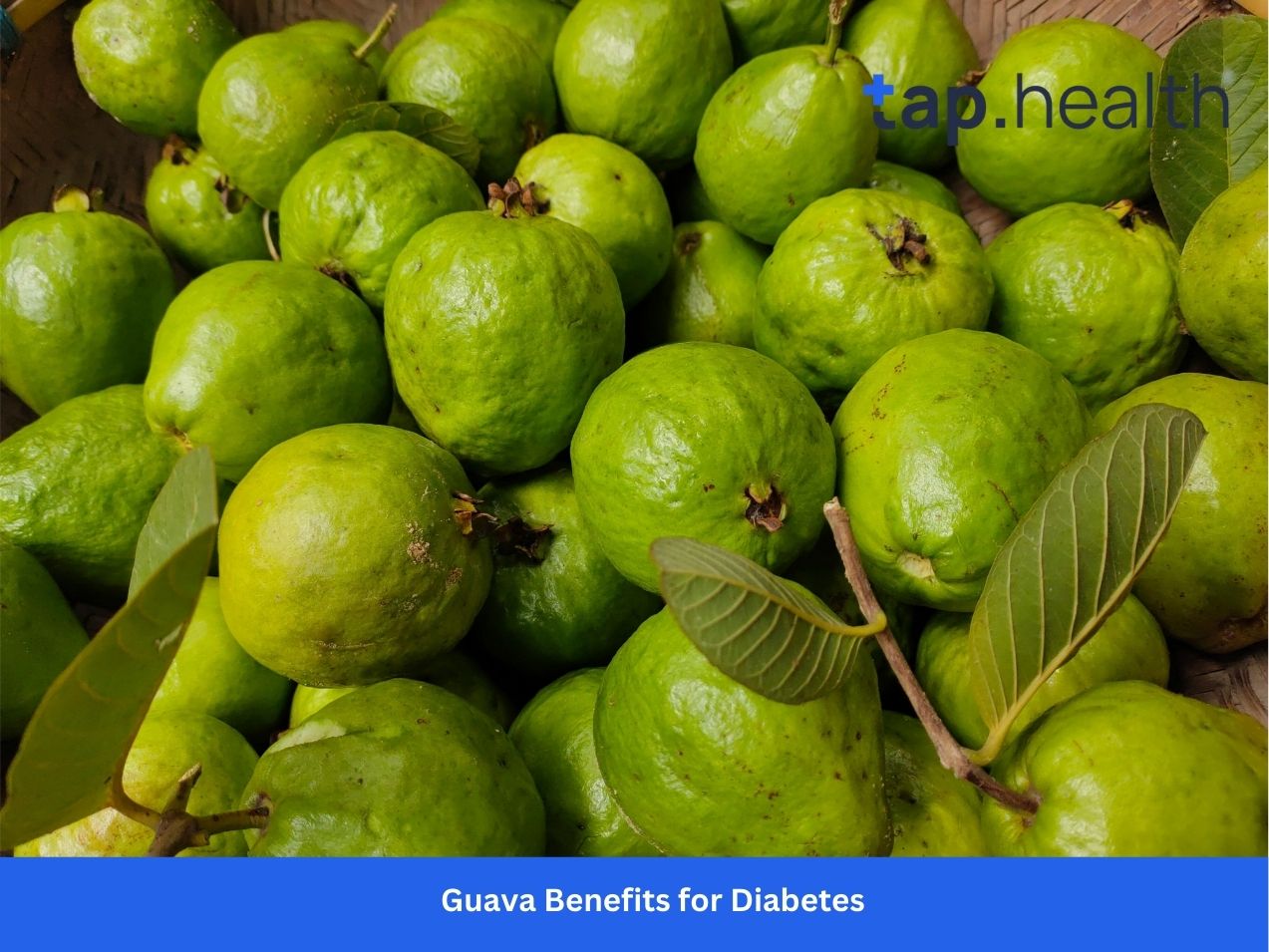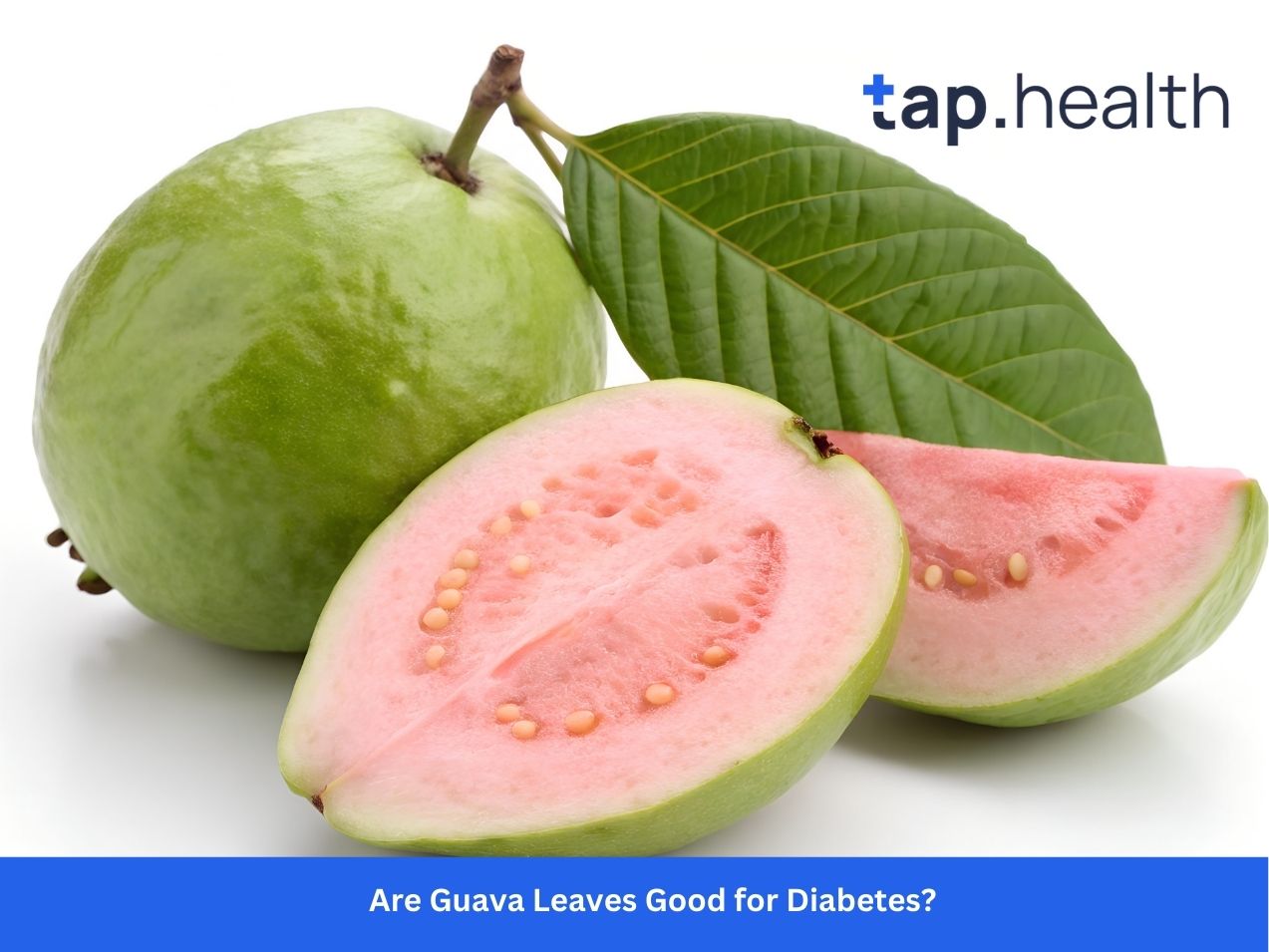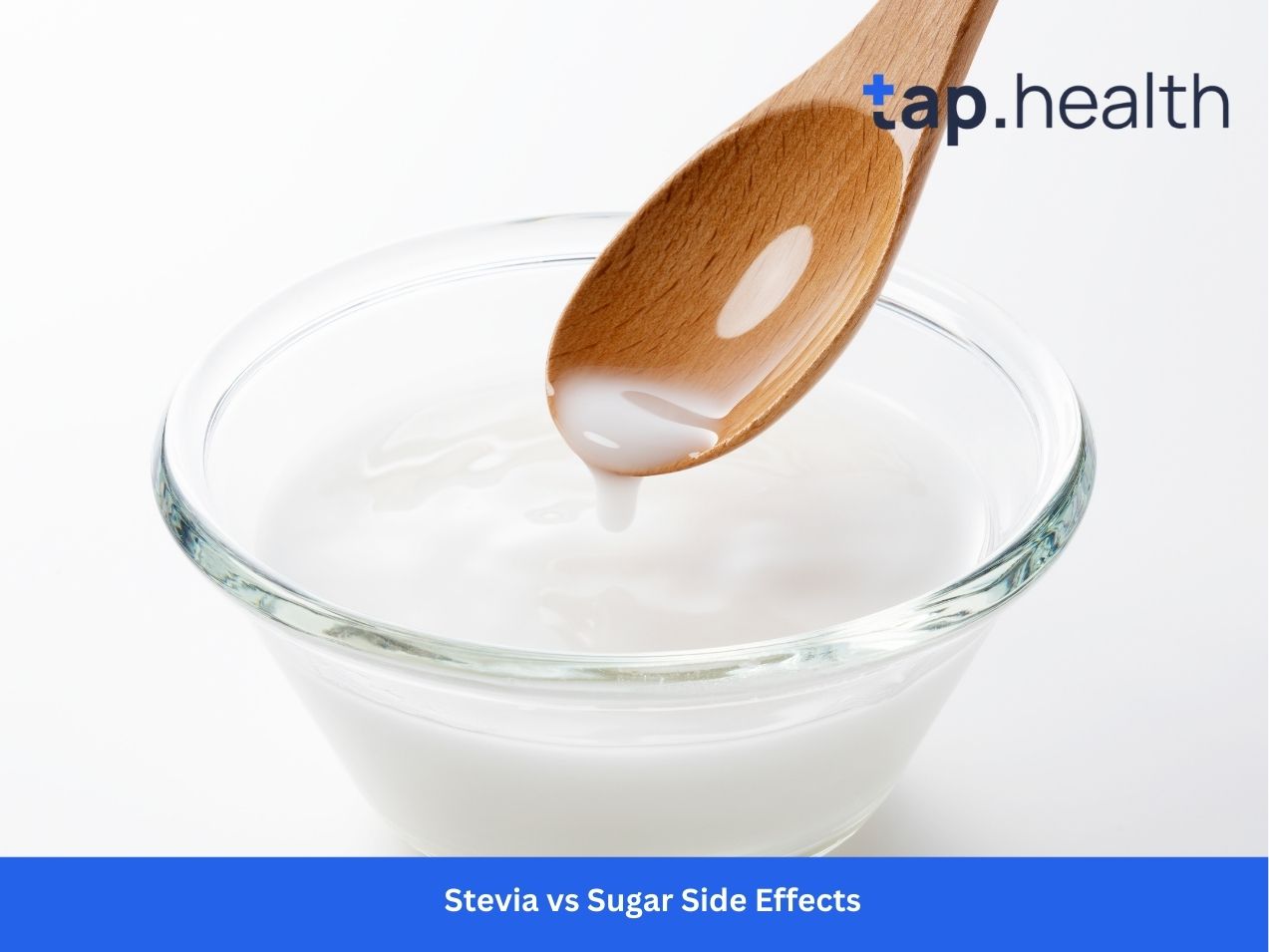Understanding the relationship between alcohol abuse and diabetes is crucial for maintaining overall health. While moderate alcohol consumption may have some health benefits, excessive drinking can lead to serious health issues, including diabetes. This comprehensive guide delves into how alcohol abuse can influence diabetes risk, supported by real-life scenarios, expert contributions, and evidence-based recommendations.
Understanding Alcohol Abuse and Diabetes
What is Alcohol Abuse?
Alcohol abuse refers to the excessive and harmful consumption of alcoholic beverages that disrupts daily life and negatively impacts health. It includes behaviors such as binge drinking, chronic heavy drinking, and dependence on alcohol.
What is Diabetes?
Diabetes is a chronic condition characterized by high levels of glucose in the blood. It occurs when the body either does not produce enough insulin (Type 1 Diabetes) or cannot effectively use the insulin it produces (Type 2 Diabetes). Managing diabetes involves regulating blood sugar levels through diet, exercise, medication, and regular monitoring.
How Alcohol Abuse Influences Diabetes Risk
Increased Risk of Type 2 Diabetes
Excessive alcohol consumption has been linked to an increased risk of developing Type 2 Diabetes. Chronic heavy drinking can lead to insulin resistance, where the body’s cells do not respond effectively to insulin. This resistance forces the pancreas to produce more insulin, eventually exhausting its capacity and leading to elevated blood glucose levels.
Impact on Blood Sugar Levels
Alcohol can cause both hypoglycemia (low blood sugar) and hyperglycemia (high blood sugar). In the short term, alcohol interferes with the liver’s ability to release glucose into the bloodstream, potentially causing hypoglycemia. Over the long term, excessive drinking can lead to pancreatic damage, impairing insulin production and contributing to hyperglycemia.
Weight Gain and Obesity
Alcoholic beverages are high in empty calories, which can contribute to weight gain and obesity—significant risk factors for Type 2 Diabetes. Excess body fat, especially around the abdomen, increases insulin resistance, further elevating diabetes risk.
Liver Damage
Chronic alcohol abuse can cause liver diseases such as fatty liver, hepatitis, and cirrhosis. The liver plays a critical role in glucose metabolism, and liver damage can disrupt this process, contributing to the development of diabetes.
Real-Life Scenarios
Scenario 1: John’s Struggle with Alcohol and Diabetes
John, a 45-year-old office worker, began drinking excessively to cope with job stress. Over the years, his alcohol consumption led to significant weight gain and the development of insulin resistance. Eventually, John was diagnosed with Type 2 Diabetes. His condition was exacerbated by liver damage caused by chronic alcohol abuse, making diabetes management more challenging.
Scenario 2: Maria’s Journey to Recovery
Maria, a 38-year-old teacher, struggled with alcohol abuse for several years. Her excessive drinking led to weight gain and elevated blood sugar levels. After seeking help and reducing her alcohol intake, Maria managed to lose weight and improve her insulin sensitivity. With the support of healthcare professionals, she successfully managed her blood sugar levels and reduced her risk of developing full-blown diabetes.
Expert Contributions
Dr. Emily Carter, Endocrinologist
Dr. Emily Carter emphasizes the importance of understanding the metabolic effects of alcohol. She states, “Chronic alcohol abuse disrupts normal glucose metabolism and insulin function, significantly increasing the risk of developing Type 2 Diabetes. It’s essential for individuals to recognize the impact of their drinking habits on their metabolic health.”
Dr. Robert Thompson, Hepatologist
Dr. Robert Thompson, a liver specialist, explains, “The liver is pivotal in regulating blood sugar levels. Alcohol-induced liver damage impairs the liver’s ability to manage glucose, which can lead to elevated blood sugar levels and increase the risk of diabetes.”
Recommendations Grounded in Proven Research and Facts
Limit Alcohol Consumption
Research from the American Diabetes Association suggests that limiting alcohol intake can reduce the risk of developing Type 2 Diabetes. For those who choose to drink, moderation is key—defined as up to one drink per day for women and up to two drinks per day for men.
Maintain a Healthy Weight
Studies published in the Journal of Diabetes Research highlight the connection between alcohol consumption, weight gain, and diabetes risk. Maintaining a healthy weight through balanced nutrition and regular exercise can mitigate the adverse effects of alcohol on blood sugar levels.
Monitor Liver Health
Regular check-ups with a healthcare provider to monitor liver function can help prevent alcohol-related liver damage. Early detection of liver issues allows for timely interventions to reduce the risk of diabetes.
Seek Professional Help for Alcohol Abuse
According to the National Institute on Alcohol Abuse and Alcoholism (NIAAA), seeking professional help for alcohol abuse can significantly reduce the risk of developing diabetes. Programs and therapies designed to address alcohol dependence can improve overall health and metabolic outcomes.
Balanced Diet and Regular Exercise
Incorporating a balanced diet rich in whole grains, lean proteins, and vegetables, along with regular physical activity, supports insulin sensitivity and blood sugar regulation. This holistic approach is crucial for preventing diabetes, especially for individuals who consume alcohol.
Factual and Reliable Information
- Insulin Resistance: Chronic alcohol consumption can lead to insulin resistance, a precursor to Type 2 Diabetes (American Diabetes Association).
- Liver Function: The liver’s role in glucose metabolism is critical, and alcohol-induced liver damage can impair this function, increasing diabetes risk (Mayo Clinic).
- Weight Gain: Alcoholic beverages contribute to excess calorie intake, promoting weight gain and obesity, which are major risk factors for diabetes (Centers for Disease Control and Prevention).
- Mental Health: Alcohol abuse is often linked to mental health issues, which can complicate diabetes management and overall health (National Institute on Alcohol Abuse and Alcoholism).
Frequently Asked Questions
1. Can moderate alcohol consumption reduce diabetes risk?
Moderate alcohol consumption may have some health benefits, such as improving insulin sensitivity. However, these potential benefits must be weighed against the risks, and it is essential to consult with a healthcare provider before making any changes to alcohol consumption habits.
2. How does alcohol affect blood sugar levels?
Alcohol can cause both hypoglycemia and hyperglycemia. It interferes with the liver’s ability to release glucose, potentially causing low blood sugar, and chronic abuse can lead to insulin resistance and high blood sugar levels.
3. Is there a safe level of alcohol consumption for diabetics?
Moderation is key. For most adults, moderate alcohol consumption is defined as up to one drink per day for women and up to two drinks per day for men. However, individual tolerance and health conditions vary, so it’s important to consult a healthcare provider.
4. Can quitting alcohol reverse diabetes?
Quitting alcohol can improve insulin sensitivity and liver function, potentially reducing the risk of developing Type 2 Diabetes or improving blood sugar control in those already diagnosed. However, diabetes is a complex condition that may require comprehensive management beyond alcohol cessation.
5. What are the signs of alcohol-induced diabetes?
Signs include increased thirst, frequent urination, unexplained weight loss, fatigue, blurred vision, and slow-healing sores or infections. If you experience these symptoms and have a history of alcohol abuse, consult a healthcare professional.
6. How does alcohol abuse lead to liver damage?
Excessive alcohol consumption can cause fatty liver, alcoholic hepatitis, and cirrhosis, all of which impair the liver’s ability to regulate glucose and produce insulin, contributing to diabetes risk.
7. Are certain types of alcohol more harmful for diabetes risk?
All types of alcohol can contribute to diabetes risk when consumed in excess. However, sugary mixed drinks and sweet wines may have higher carbohydrate content, which can more directly impact blood sugar levels.
8. Can alcohol interfere with diabetes medications?
Yes, alcohol can interact with diabetes medications, potentially causing adverse effects such as hypoglycemia. It’s important to discuss alcohol consumption with your healthcare provider if you are on diabetes medication.
Conclusion
Alcohol abuse significantly increases the risk of developing Type 2 Diabetes through mechanisms such as insulin resistance, weight gain, and liver damage. Understanding the connection between excessive alcohol consumption and diabetes is essential for making informed lifestyle choices. By limiting alcohol intake, maintaining a healthy weight, monitoring liver health, and seeking professional help when needed, individuals can reduce their risk of diabetes and promote overall well-being.
Incorporating these evidence-based strategies, supported by expert insights and real-life scenarios, provides a comprehensive approach to managing and preventing diabetes in the context of alcohol consumption. Always consult with healthcare professionals to tailor these recommendations to your personal health needs.



